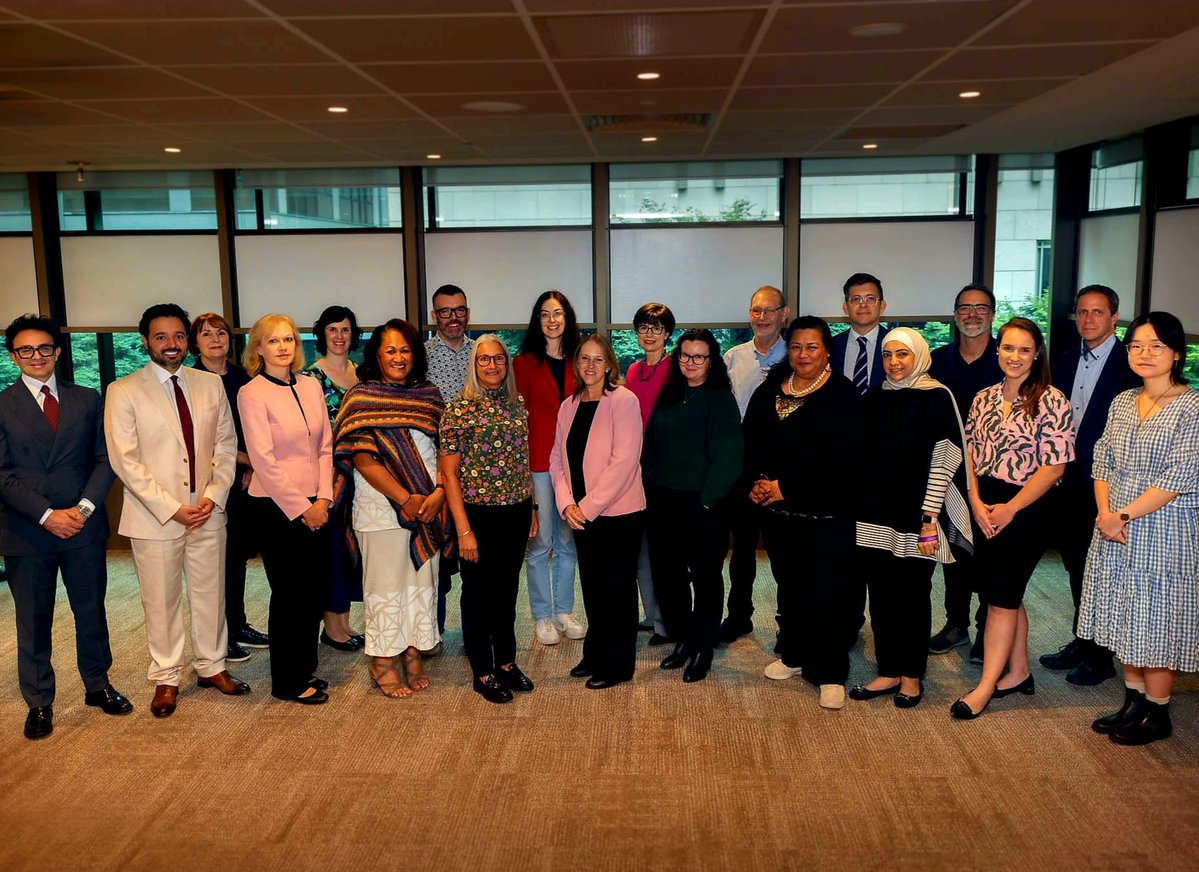The Doha International Family Institute (DIFI) recently participated in expert group meetings in Brisbane and New York to discuss the impact of technological transformations and climate change on family structures. Held in partnership with the UN Department of Economic and Social Affairs and the Social Sciences Research Institute at the University of Queensland, the meetings aimed to address the challenges faced by families in the region due to technological progress and climate change.
During the meetings, experts from Australia, New Zealand, and the Pacific region discussed the need for family support programs to enhance communication skills and manage relationships within families. The focus was on reducing divorce rates, enhancing family stability, and promoting environmental sustainability. Dr. Khaled Al Naama emphasized the importance of technology in bridging gaps and enabling families to balance work and family life. Dr. Lisa McDade highlighted the latest research on how technology can bridge digital gaps within families to ensure a sustainable future for families and societies.
Dr. Ahmed Arif chaired a session on “Digital Literacy, Artificial Intelligence and the Future,” which will contribute to a global call to action at the conference of the 30th Anniversary of the International Year of the Family. Dr. Sharifa Noman Al Emadi presented the achievements of previous expert group meetings in South Africa and the Middle East, emphasizing the importance of recognizing the family as a factor for sustainable development. She called for the development of digital literacy and parenting programs in response to technological advancements.
The experts also discussed digital identity, screen time, digital parenting, and practical tools that families can adopt for environmentally friendly parenting, environmental anxiety management, community work, and intergenerational climate education. The meetings concluded with brainstorming sessions to develop recommendations for governments, multinational companies, the private sector, and think tanks based on the scientific evidence presented.
Overall, the meetings highlighted the importance of addressing the challenges posed by technological progress and climate change on family structures. By developing family support programs, enhancing communication skills, and promoting environmental sustainability, families can navigate the ever-changing environment more effectively. The recommendations from the meetings will contribute to global efforts to support families and communities in the face of technological advancements and climate change.





















